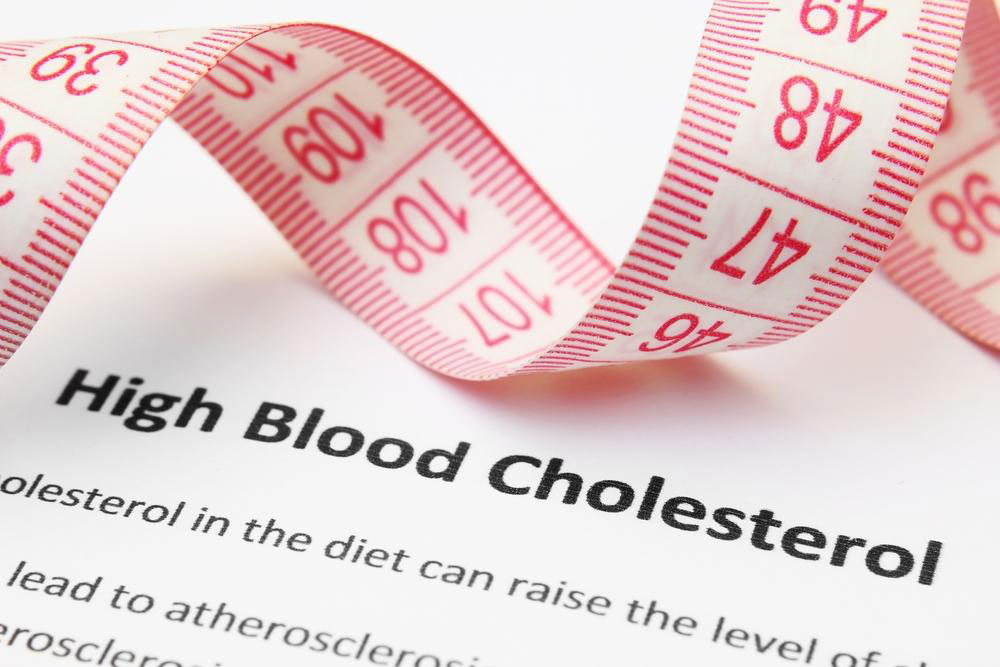Comprehensive Guide to Elevated Cholesterol: Symptoms, Risks, and Effective Management
This comprehensive guide explains the importance of cholesterol regulation, highlights risk factors, symptoms, and management options. Learn how lifestyle changes and medical treatments can help prevent serious cardiovascular problems caused by high cholesterol levels, emphasizing early detection and ongoing health monitoring for a healthier heart.

Understanding Elevated Cholesterol: Symptoms, Risks, and Strategies for Management
Cholesterol, a waxy and fat-like substance, plays a vital role in the human body. Found throughout the body's cells, it is primarily produced in the liver and is essential for synthesizing hormones such as estrogen, testosterone, and cortisol, as well as vitamin D production and aiding in digestion. Despite its importance, maintaining balanced cholesterol levels is crucial because elevated levels pose significant health risks. Cholesterol travels through the bloodstream attached to lipoproteins—tiny particles that transport fats throughout the body. The key to cardiovascular health lies in understanding the different types of cholesterol and managing their levels properly.
Cholesterol is classified into two main types: low-density lipoproteins (LDL) and high-density lipoproteins (HDL). LDL is often termed “bad cholesterol” because high levels can lead to plaque buildup in arteries. Conversely, HDL is known as “good cholesterol” because it helps remove excess cholesterol from the bloodstream, transporting it back to the liver for processing and elimination. Maintaining a healthy balance between these two types is essential for cardiovascular health and overall well-being.
Understanding the implications of elevated cholesterol is crucial. When LDL levels are high or HDL levels are low, fatty deposits can accumulate in blood vessels. This buildup, called atherosclerosis, causes narrowing of the arteries, restricting blood flow. Over time, these deposits can interfere with normal blood circulation, leading to severe health issues such as heart attacks and strokes. Atherosclerosis affects the coronary arteries, which supply blood to the heart muscle, and cerebral arteries, which supply the brain. Symptoms associated with high cholesterol may include chest pain (angina), leg pain during physical activity, and sometimes no noticeable symptoms until a serious event occurs.
Recognizing the importance of early detection, routine health checkups and blood tests measuring cholesterol levels are vital. These tests help identify if your cholesterol is within a healthy range. For individuals with a family history of heart disease or risk factors such as obesity, diabetes, or hypertension, regular monitoring becomes even more critical.
Effective management of elevated cholesterol involves a combination of lifestyle modifications, medical treatments, and dietary adjustments. Lifestyle changes are often the first line of defense and include adopting a heart-healthy diet, engaging in regular physical activity, quitting smoking, managing weight, and limiting alcohol consumption. Dietary modifications should focus on reducing saturated fats and trans fats, found in processed foods, fried items, and fatty meats, while increasing intake of fiber-rich foods, fruits, vegetables, and healthy fats like omega-3 fatty acids.
In addition to lifestyle changes, healthcare professionals may prescribe medications to help control cholesterol levels. Commonly prescribed drugs include statins, which inhibit cholesterol synthesis in the liver, along with newer options like PCSK9 inhibitors for resistant cases. Some patients may also benefit from injectable medications or other therapies that target specific pathways involved in cholesterol metabolism.
Beyond traditional approaches, emerging treatments and therapies are continuously being explored to better manage cases resistant to standard medications. These include novel pharmaceuticals and innovative delivery systems aimed at reducing side effects and improving efficacy.
Preventative measures and early intervention are essential to reducing the risk of cardiovascular diseases linked to high cholesterol. Regular checkups, lifestyle audits, and personalized treatment plans can significantly improve health outcomes. If you have risk factors or are concerned about your cholesterol levels, consult with your healthcare provider to develop a tailored strategy for maintaining optimal cholesterol levels and protecting your heart health.





